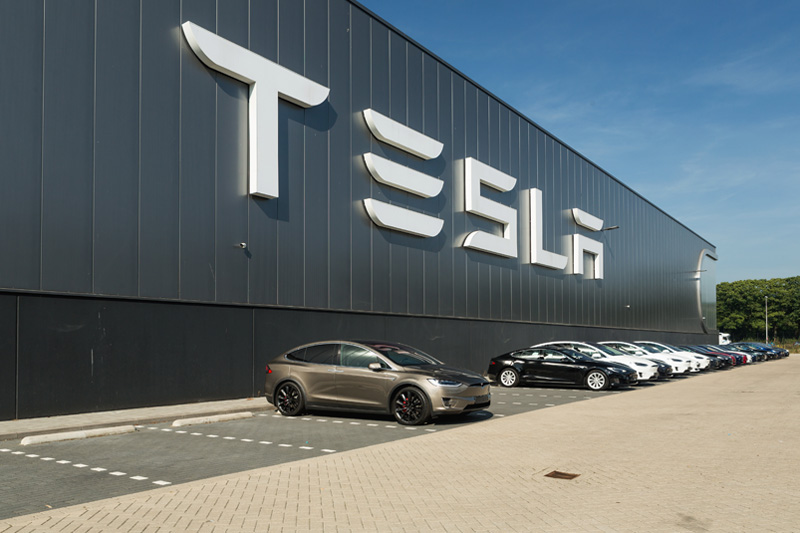Just three years after PepsiCo sold Tropicana and a portfolio of other smaller brands, a top executive said the spin-off is poised to accelerate growth for its drinks through innovation and expansion into new consumption occasions.
“This is about unleashing growth. We inherited a group of brands that had a lot of potential and industry leadership,” Monica McGurk, CEO of Tropicana Brands Group’s (TBG) North American business, said in an interview. “This is the No. 1 reason that we show up every day. We think that there’s a lot of upside and that’s what we remain razor-focused on.”
PepsiCo sold Tropicana, smoothie maker Naked Juice, probiotic drink KeVita and other beverage brands in North America and Europe to private equity firm PAI Partners for $3.3 billion in 2021. PepsiCo, which retained a 39% noncontrolling stake in the brands, noted at the time of the sale that the unit had operating profit margins below the company’s overall benchmark.

Optional Caption
Permission granted by Tropicana Brands Group
As part of PepsiCo, McGurk said TBG’s juice portfolio didn’t get the attention it needed because it was competing with the CPG giant’s other drinks and snacks businesses around the world.
Since becoming a standalone company, TBG has been able to put a renewed level of focus on its portfolio by giving more resources and support to products and formats beyond its signature Tropicana orange juice. It also has cut the time to market for new products in half and become more agile in meeting consumer needs.
Recent innovations include a low-sugar offering for Naked, new formats under Tropicana like a sparkling drink and a lemonade platform and the introduction of aluminum cans for KeVita.
“When you are a small fish in a big pond, dollars have to be prioritized, and we often had to be choiceful in where we allocated the spend we were given,” she said. “Now as our own company, we can take a more holistic approach to portfolio management and pull additional levers.”

Optional Caption
Courtesy of Tropicana Brands Group
TBG also has moved aggressively to tout its drinks, most notably Tropicana, as an afternoon option instead of the morning when the majority of consumption occurs. Tropicana Sparkling, for example, taps into the real fruit associated with the brand, but with less sugar and juice. It’s aimed at consumers looking for a refreshing option or as a complement to a snack or meal.
TBG hasn’t lost sight of its orange juice business under Tropicana. The beverage maker has promoted the juice as an option in mimosas and partnered with the Milk Bar on a soft-serve offering.
Its success is paying off as product volumes and sales are both increasing across more than 50% of its U.S. portfolio. This is a notable feat in the food and beverage space at a time when inflation is causing consumers to curtail their spending, pushing volumes lower for most companies.
The Chicago-based company has spent its time as a standalone business improving its existing brands, but McGurk said TBG could eventually engage in some M&A activity of its own.
While she declined to offer specifics on what types of beverages TBG may eventually buy, she said the company is guided by offerings that resonate with the consumer. The public, she noted, has shown a broad interest in drinks with functionality.
TBG is “continuously … evaluating” possible acquisition targets that could benefit from its marketing, innovation and other capacities, McGurk added. “We think [TBG] Is a great chassis on which to hook on other things.”







